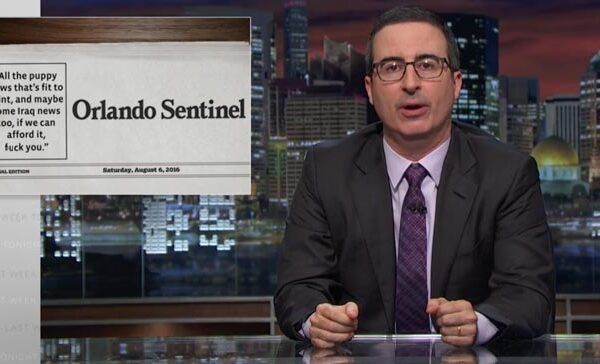In the realm of stand-up comedy, the journey from concept to curtain call is as diverse as the performers themselves. At its core, stand-up comedy is a unique blend of storytelling, timing, and audience engagement that demands not only creativity but also an analytical approach to content creation and delivery. Insights shared between two seasoned comedians reveal the intricacies of this craft, shedding light on their writing processes, stage presence techniques, audience connection strategies, and how they navigate transitioning between different performance genres such as stand-up and acting.
### Writing Processes
The first crucial aspect discussed was their varied approaches to developing material. One comedian emphasized a meticulous script editing process that involves drafting multiple versions of a joke or story until it achieves the desired impact. This methodical approach ensures every word serves a purpose—whether setting up a punchline or building rapport with the audience. Conversely, the other comedian highlighted an affinity for spontaneous onstage improvisation. This approach relies heavily on reading the room and adapting material in real-time based on audience reactions—a skill honed through experience and acute observation.
Both methods underscore an essential truth about stand-up: there is no one-size-fits-all formula for success. Instead, comedians must develop a personal methodology that aligns with their strengths and comedic voice.
### Stage Presence & Audience Connection
Stage presence plays an equally pivotal role in delivering effective comedy. The comedians shared insights into how they cultivate a persona that resonates with audiences while maintaining authenticity—a balance critical for establishing trust and relatability with viewers. Techniques such as eye contact, body language modulation, and vocal variety were cited as tools used to enhance stage presence.
Connecting with audiences extends beyond mere physicality; understanding demographic nuances allows comedians to tailor their content effectively. Both interviewees stressed the importance of empathy in connecting with diverse crowds—acknowledging varying cultural references or sensitivities can make or break a performance.
### Transitioning Between Performance Genres
Transitioning between genres like stand-up comedy and acting presents another set of challenges but also opportunities for growth. Stand-up requires mastering direct communication with an audience without breaking character—a stark contrast to acting’s demand for immersion into various roles often without immediate feedback from live viewers.
The skills developed in each domain can be complementary if navigated thoughtfully; acting may enhance a comedian’s ability to embody different personas during performances while stand-up hones quick-thinking abilities useful in improvisational acting scenarios.
### Reflections on Challenges & Admiration
Throughout their dialogue, both comedians reflected on challenges faced within this demanding art form—from dealing with hecklers to navigating periods of creative droughts—and how these trials have shaped their resilience and dedication to comedy.
Despite these hurdles—or perhaps because of them—there exists profound admiration among peers who excel not just in stand-up but across entertainment facets including writing, directing, or acting.
Their conversations revealed not only respect for those who master multiple disciplines but also recognition of those who remain steadfastly dedicated to refining their craft within specific niches.
Stand-up comedy emerges not just as mere entertainment but as an intricate art form characterized by constant evolution both personally and professionally among its practitioners.
Through examining these individual journeys filled with methodical preparation alongside spontaneous creativity; balancing authenticity while fostering connections; navigating genre transitions while facing inherent industry challenges—the depth behind what makes someone laugh becomes increasingly clear.
This exploration reveals that at its heart lies unwavering passion paired with relentless pursuit towards mastery—an ethos applicable far beyond comedic stages.



